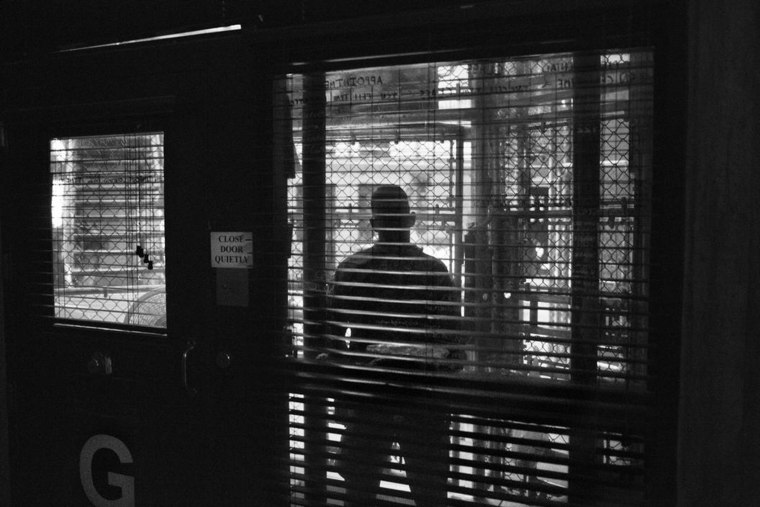A Senate intelligence committee investigation found that the Central Intelligence Agency employed brutal interrogation methods that turned out to be largely useless and then lied about their effectiveness, according to The Washington Post.
As described to the Post, the Senate report contradicts the main defenses of the Bush-era torture program: That harsh methods were needed to produce actionable results, and that the program itself helped save American lives by foiling terror attacks. Instead, the CIA overstated the effectiveness of the program and concealed the harshness of the methods they used. Intelligence breakthroughs credited to the "enhanced interrogation" program by the CIA were instead gleaned through other means, and then used by the agency to bolster defenses of the program. The intelligence committee is set to vote on submitting the report for declassification on Thursday.
The report has become the center of a high-profile dispute between the Senate and the CIA. Weeks ago, Senate intelligence committee chair Dianne Feinstein publicly accused the agency of breaking the law and violating the Constitution by spying on Senate staff conducting the investigation. The CIA countered by accusing Senate staff of somehow gaining unauthorized access to classified information, a charge Senate Majority Leader Harry Reid has called "absurd." The Justice Department is looking into both allegations.
Key to the friction between the CIA and the Senate is an internal CIA review ordered by then-director Leon Panetta. According to Feinstein, that review bolsters the conclusions of the Senate report regarding the Bush-era torture program, and undermines an agency rebuttal that contends the Senate report contains factual errors. The Post report may shed some light on what the report contains -- it notes that "officials" were particularly troubled by "discrepancies between the statements of senior CIA officials in Washington and the details revealed in the written communications of lower-level employees directly involved."
Those written communications may explain why the internal review ordered by Panetta could have contradicted the high praise offered the program in public by CIA officials and Bush administration defenders.
Torture was a key prong of Republican attacks on the Obama White House early in the administration, and likely helped erode political support for closing the detention camp at Guantanamo and for trying the alleged conspirators behind the terrorist attacks of 9/11. Republicans contended that Obama's abandonment of torture -- virtually the only element of post-2006 Bush national security policy that Obama rejected -- would inevitably lead to catastrophe.
"To completely rule out enhanced interrogation methods in the future is unwise in the extreme," former Vice President Dick Cheney -- who supported the use of such methods -- said in a speech to the American Enterprise Institute in 2009. "It is recklessness cloaked in righteousness, and would make the American people less safe." Conservative media figures incessantly hyped former Bush administration officials' at times verifiably false claims about the efficacy of the program. The Bush administration's trip to the "dark side" provided pundits, op-ed columnists, and other media personalities an endless stream of satisfaction from talking like the greased up protagonists of 1980s action films.
After Osama bin Laden was killed by U.S. special forces in Pakistan in 2011, Bush defenders claimed that he had been discovered because the pseudonym of bin Laden's courier had been acquired through torture. That too, was a false claim -- Panetta himself wrote in a letter to Arizona Republican Senator John McCain in 2011 that "we first learned about the facilitator/courier’s nom de guerre from a detainee not in CIA custody in 2002."
According to the Post, the Senate report finds that "millions of records make clear that the CIA’s ability to obtain the most valuable intelligence against al-Qaeda -- including tips that led to the killing of Osama bin Laden in 2011 -- had little, if anything, to do with “enhanced interrogation techniques."
Not that Cheney has any regrets.
"If I would have to do it all over again, I would," Cheney said during his speech at American University last Friday. "The results speak for themselves."
